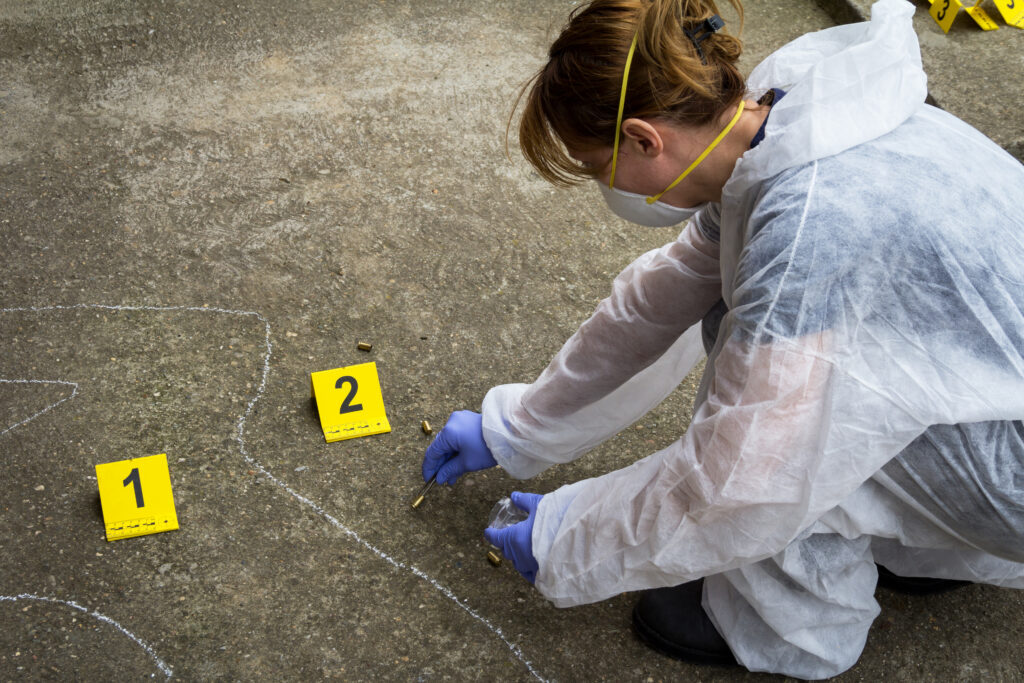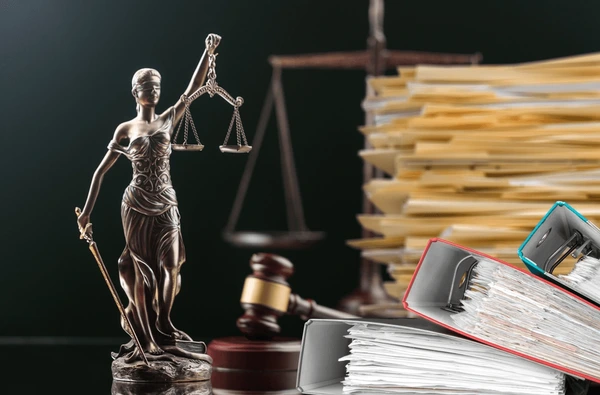1. Ensure Safety First
Before anything else, make sure you and others involved are safe.
- Move to a safe location if possible.
- Turn on hazard lights to alert other drivers.
- Avoid standing in traffic lanes.
Tip: If the accident is serious and vehicles cannot be moved, stay inside your car with your seatbelt on until help arrives.

2. Call Emergency Services
Dial your local emergency number (911 in the U.S.) immediately if anyone is injured. Quick response from police and medical teams can save lives.
- Police: Create an official accident report, which is crucial for insurance and legal purposes.
- Ambulance: Even minor injuries can worsen if untreated, so request medical evaluation.
3. Seek Medical Attention Immediately
Your health is the top priority.
- Some injuries (like whiplash or internal bleeding) may not be obvious right away.
- Visit a hospital or urgent care facility for a full check-up.
- Keep all medical records and receipts — these are essential for insurance claims.
Stat: According to the CDC, road traffic injuries are one of the leading causes of emergency room visits globally.
4. Document the Scene
Gather evidence to protect yourself legally and financially.
- Take Photos: Capture vehicle damage, injuries, road conditions, and traffic signs.
- Get Witness Information: Names, phone numbers, and statements can support your case.
- Record Details: Note the date, time, weather, and accident location.

5. Exchange Information with the Other Driver
Politely exchange:
- Full name and contact details
- Driver’s license number
- License plate number
- Insurance company and policy number
Avoid admitting fault at the scene — let investigators determine liability.
6. Notify Your Insurance Company
Report the accident as soon as possible.
- Provide all collected details and photos.
- Follow your insurer’s claims process.
- Ask about coverage for medical bills, car repairs, and lost wages.
7. Consult a Personal Injury Lawyer
If you sustained injuries, consulting an experienced car accident injury lawyer can be a game-changer.
- They can handle insurance negotiations.
- They ensure you get fair compensation.
- Many work on a contingency fee basis — you only pay if they win your case.

8. Follow Your Treatment Plan
Recovery takes time. Follow all medical advice:
- Attend follow-up appointments.
- Take prescribed medications.
- Avoid physical strain until cleared by your doctor.
Neglecting treatment can harm both your health and your injury claim.
9. Keep a Recovery Journal
Track your healing journey and accident impact:
- Pain levels
- Emotional effects
- Missed workdays
- Limitations in daily activities
This record strengthens your case if you pursue compensation.
10. Take Care of Your Mental Health
Accidents can be emotionally traumatic.
- Consider counseling or therapy.
- Talk to friends and family for support.
- Practice stress-relief techniques like meditation or light exercise.
